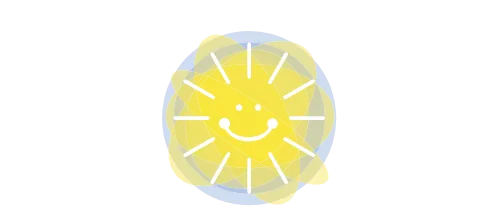In the last module you experienced – vicariously –
- how you respond to being in a traffic jam, and
- experienced the effects of using breathing as a stress management technique.
Next you are going to explore two different kinds of stress and how best to manage them.
There are two types of stress that impact our lives, health and well-being:
Acute stress and chronic stress.
Acute stress is sudden, occasional, or brief. It is defined as “The discomforting mental sensation of the mind and/or body to an isolated challenging event or unanticipated, undesirable change.”
The acute stress response is often referred to as the “Fight, Flight or Freeze” response, as a chain of rapidly occurring reactions inside the body help mobilize the body's resources to deal with unexpected or threatening circumstances.
Here’s what happens: An unexpected stressful situation occurs, and hormones are released, in which sympathetic nervous system is activated, which stimulates the adrenal glands, and this releases catecholamines (pronounced kat-i-kol-uh-meen) which include adrenaline & noradrenaline. This leads to increased blood pressure, heart rate and breathing rate.
This is why you experience a sharp spike in your body’s reaction to acute stress. Your body generally returns to its pre-arousal levels within 20 to 60 minutes after the event.
Chronic stress is the kind of stress that occurs over a long period of time. It is defined as “The response to emotional pressure suffered for a prolonged period over which an individual perceives he or she has no control.”
Long-term exposure to stress creates a high level of corticosteroids which is a hormone released during stressful situations.
When the body experiences stressors with such frequency or intensity, the autonomic nervous system does not have an adequate chance to activate the relaxation response on a regular basis. This means that the body remains in a constant state of physiological arousal, which affects virtually every system in the body, either directly or indirectly.
This may lead to high blood pressure (and subsequently heart disease), damage to muscle tissue, inhibition of growth, suppression of the immune system, and damage to mental health.
With chronic stress, you might not notice it until you hit a physical, emotional, or psychological tipping point that has built up over time.
Next, brainstorm stressful situations you consider acute and situations that involve chronic stress.
Give examples of each in your life.
If you don't manage each situation as it arises might it become chronic?
Answer the questions below and continue to the next module.


